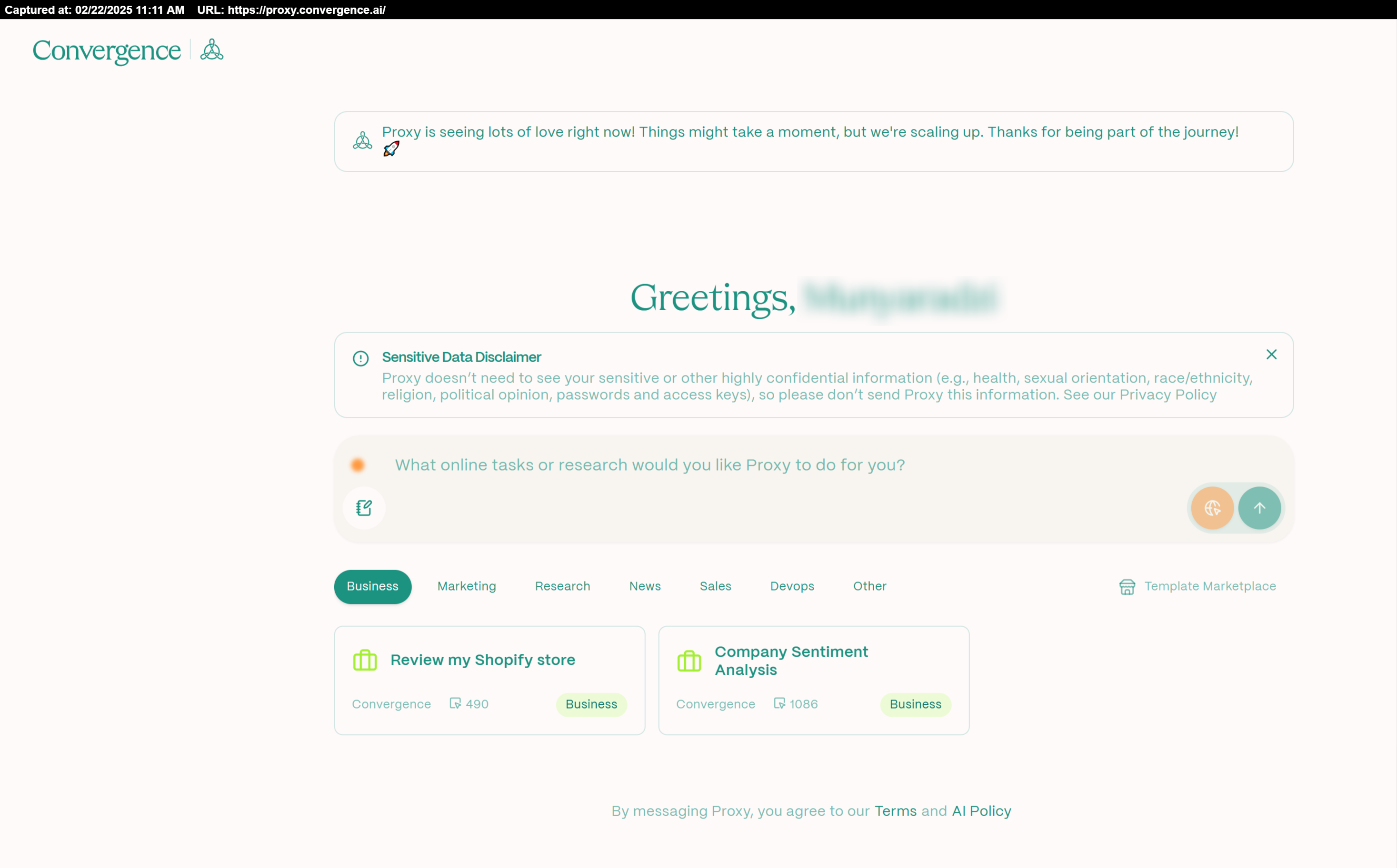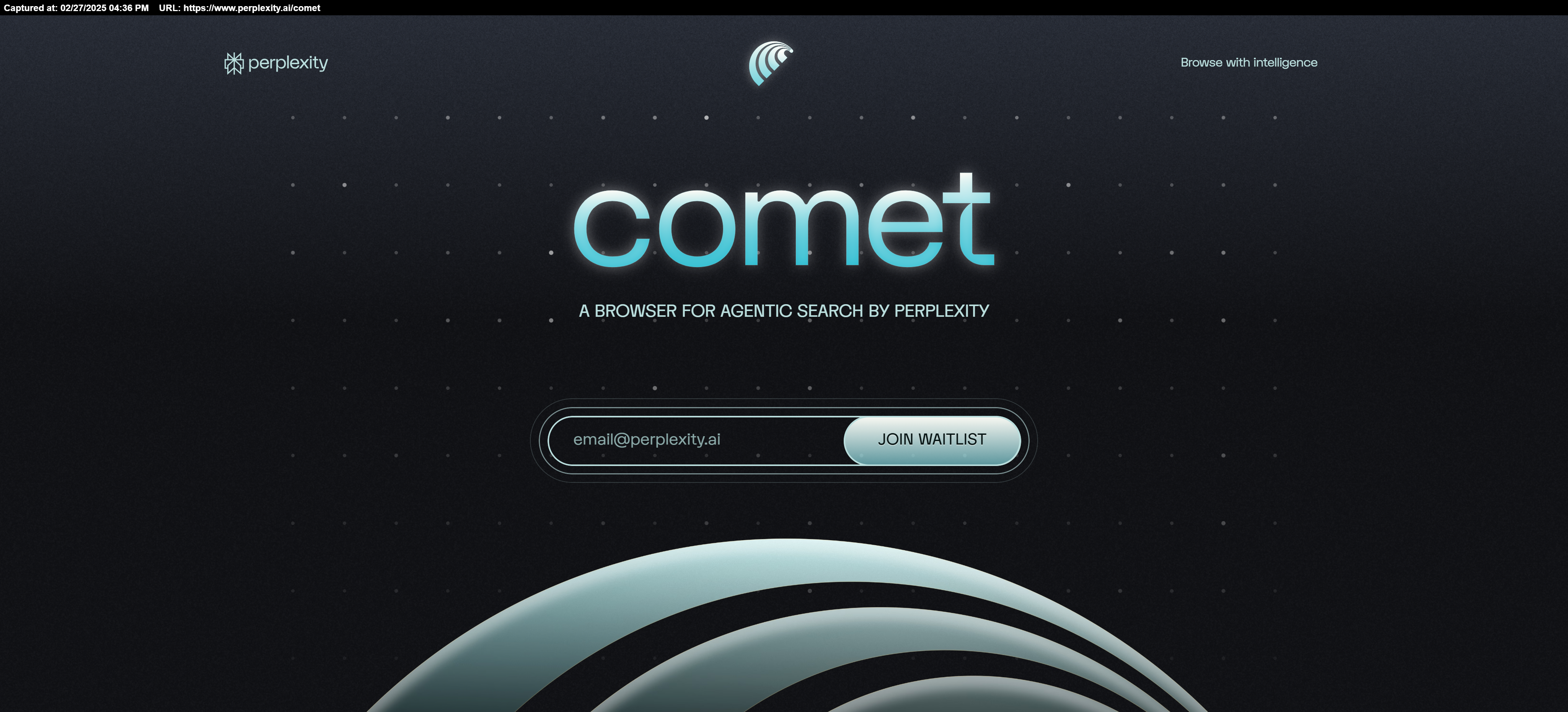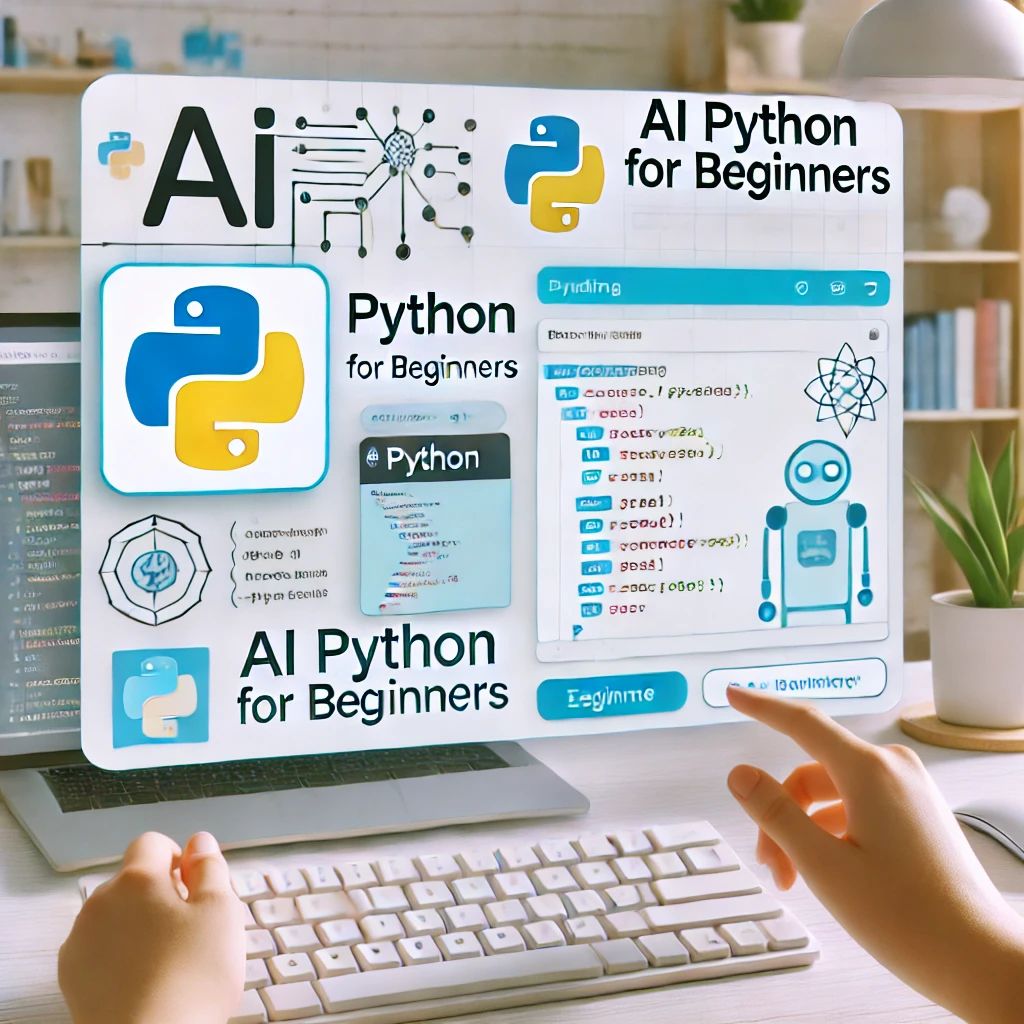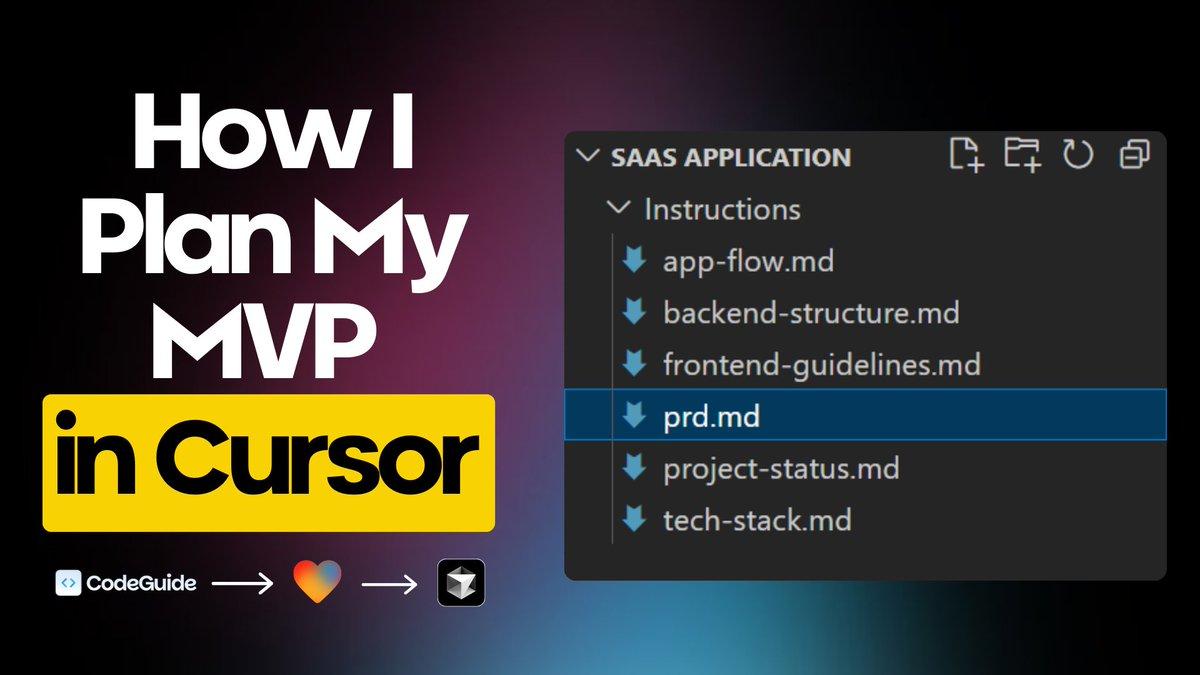The Latest AI Breakthroughs: What You Need to Know This Week
In the rapidly evolving world of artificial intelligence, staying informed about the latest developments can feel overwhelming, especially if you're not a developer or technical expert. This week has seen some exciting advancements in AI that are worth your attention, from major funding announcements to innovative tools that are changing how we interact with technology. Let's dive into the most significant AI news and breakthroughs that could impact how you use technology in your daily life.
Manus AI Secures $75 Million to Expand Its AI Agent Capabilities
Chinese AI startup Manus has made headlines this week after securing an impressive $75 million in funding led by Benchmark, bringing the company's valuation to approximately $500 million. This represents a five-fold increase from their previous valuation, highlighting the growing investor confidence in AI agent technology.
Manus, which came into the spotlight in March with its general AI agent demo, is known for creating tools that can complete various tasks autonomously. If you're not familiar with AI agents, think of them as digital assistants on steroids – they can handle complex sequences of actions rather than just responding to simple commands.
What makes this news particularly interesting for everyday users is Manus's plan to expand into new markets, including the United States, Japan, and the Middle East. This global expansion could make their AI agent technology more accessible to users worldwide. The company has already launched subscription plans ranging from $39 to $199 per month, making this advanced technology available at different price points depending on your needs.
OpenAI Introduces Lightweight Deep Research Tool and Prepares for GPT-4o Transition
OpenAI, the company behind the popular ChatGPT, has announced a new "lightweight" version of its deep research tool. This tool is designed to scour the web and compile research reports on topics you're interested in, making it easier to gather comprehensive information without spending hours searching.
The lightweight version is powered by OpenAI's o4-mini model and is now available to ChatGPT Plus, Team, and Pro users, with free users also gaining access. While the responses will typically be shorter than the full deep research tool, OpenAI claims they'll maintain the same depth and quality that users have come to expect.
In another significant development, OpenAI has announced that effective April 30, 2025, GPT-4 will be retired from ChatGPT and fully replaced by GPT-4o. This newer model is described as "natively multimodal," meaning it can work with different types of information (text, images, etc.) more seamlessly.
For casual AI enthusiasts, these updates mean more efficient research capabilities and potentially more intuitive interactions with ChatGPT. The lightweight deep research tool could be particularly useful for students, professionals, or anyone who needs to quickly gather information on a specific topic without getting lost in the vastness of the internet.
Vibe Coding: The AI-Powered Development Revolution
Even if you're not a programmer, the concept of "vibe coding" is worth understanding as it represents a fundamental shift in how software is created – which ultimately affects the apps and tools you use every day.
Vibe coding refers to a new approach to software development where AI tools handle much of the technical heavy lifting, allowing developers (and increasingly, non-developers) to focus on the creative aspects of building applications. This trend is making software development more accessible to people without traditional coding backgrounds.
According to recent reports, the top vibe coding tools of 2025 are transforming how applications are built through three key trends:
- Autonomous Assistance – AI tools that can complete multi-step tasks with minimal guidance
- 2. Context-Aware Coding – Tools that understand your entire project and its structure
- 3. Real-Time Collaboration – AI becoming a collaborative partner in the development process
Some of the standout tools in this space include:
- Apidog MCP Server: Bridges the gap between backend systems and AI coding assistants
- - Cursor: An AI-first code editor designed for pair programming with GPT-4
- - Copilot Workspace: A task-oriented tool that can tackle full development cycles
- - Lazy AI: Enables no-code app creation with AI-powered workflows
For non-technical users, the rise of vibe coding means that creating custom applications is becoming more accessible. Tools like Lazy AI allow people with ideas but limited technical skills to build functional applications without writing code. This democratization of software development could lead to more innovative solutions for everyday problems and specialized needs.
Prompt Engineering: The Art of Talking to AI
As AI tools become more integrated into our daily lives, knowing how to effectively communicate with them becomes increasingly valuable. This is where prompt engineering comes in – the skill of crafting inputs that help AI tools understand exactly what you want.
Google recently released a comprehensive 68-page guide on prompt engineering, highlighting its growing importance. For non-technical users, prompt engineering is essentially about learning how to "talk" to AI tools like ChatGPT in a way that helps them understand your needs and provide the most useful responses.
Over the next 18 months, experts predict that prompt engineering will emerge as a key skill alongside vibe coding, shaping how we interact with AI systems. As these tools become more sophisticated, the way we communicate with them is evolving from simple commands to more nuanced conversations.
For everyday AI enthusiasts, developing basic prompt engineering skills can dramatically improve your experience with AI tools. Instead of getting frustrated when an AI doesn't understand In the rapidly evolving world of artificial intelligence, staying informed about the latest developments can feel overwhelming, especially if you're not a developer or technical expert. This week has seen some exciting advancements in AI that are worth




